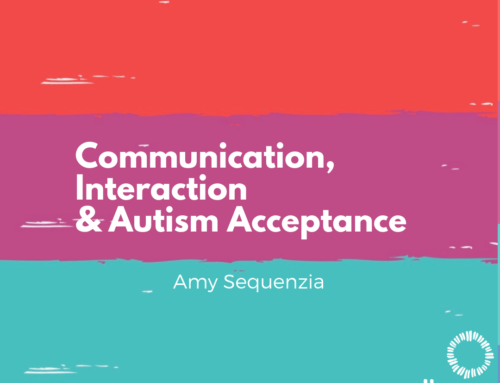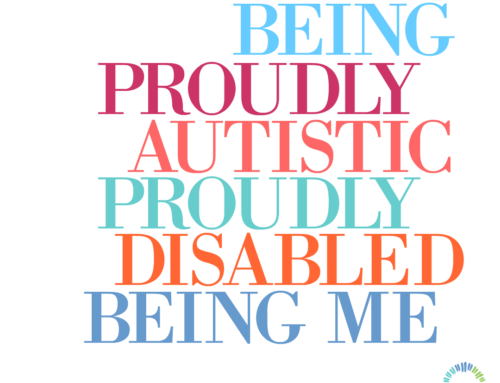During the past decade, advances in genetic research have enabled genomewide discovery of chromosomal copy-number changes and single-nucleotide changes in patients with intellectual disability and autism as well as in those with other disorders. These technological advances — which include array comparative genomic hybridization (CGH), single-nucleotide-polymorphism (SNP) genotyping arrays, and massively parallel sequencing — have transformed the approach to the identification of etiologic genes and genomic rearrangements in the research laboratory and are now being applied in the clinical diagnostic arena.
Genomics, Intellectual Disability, and Autism
About the Author: Ollibean
Ollibean is a dynamic community of parents, families and advocates in the disability community working together for a more socially just, accessible and inclusive world.










Leave A Comment